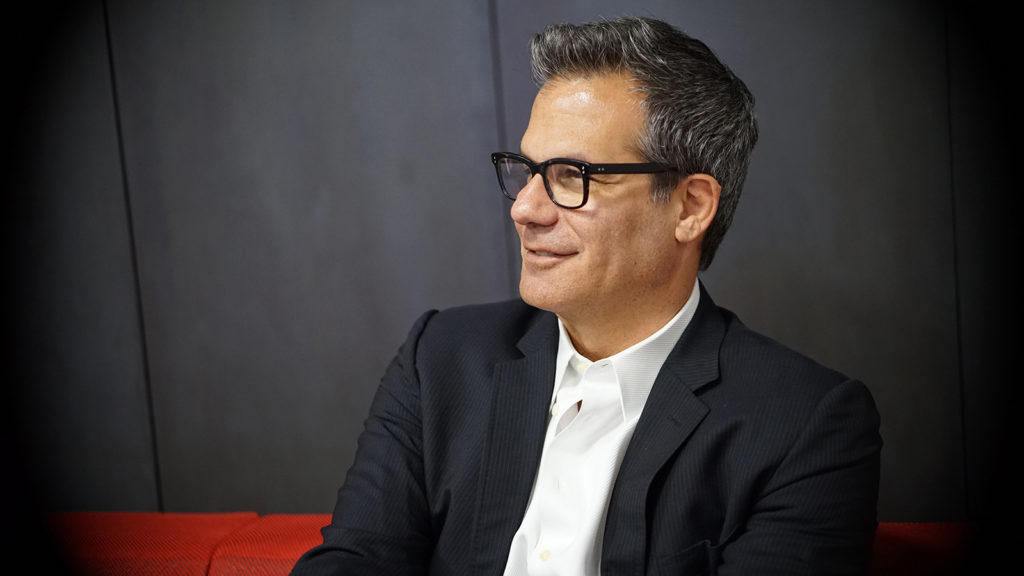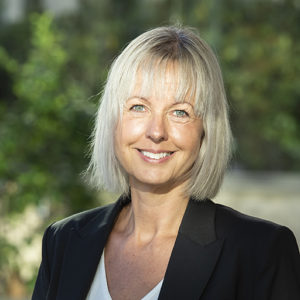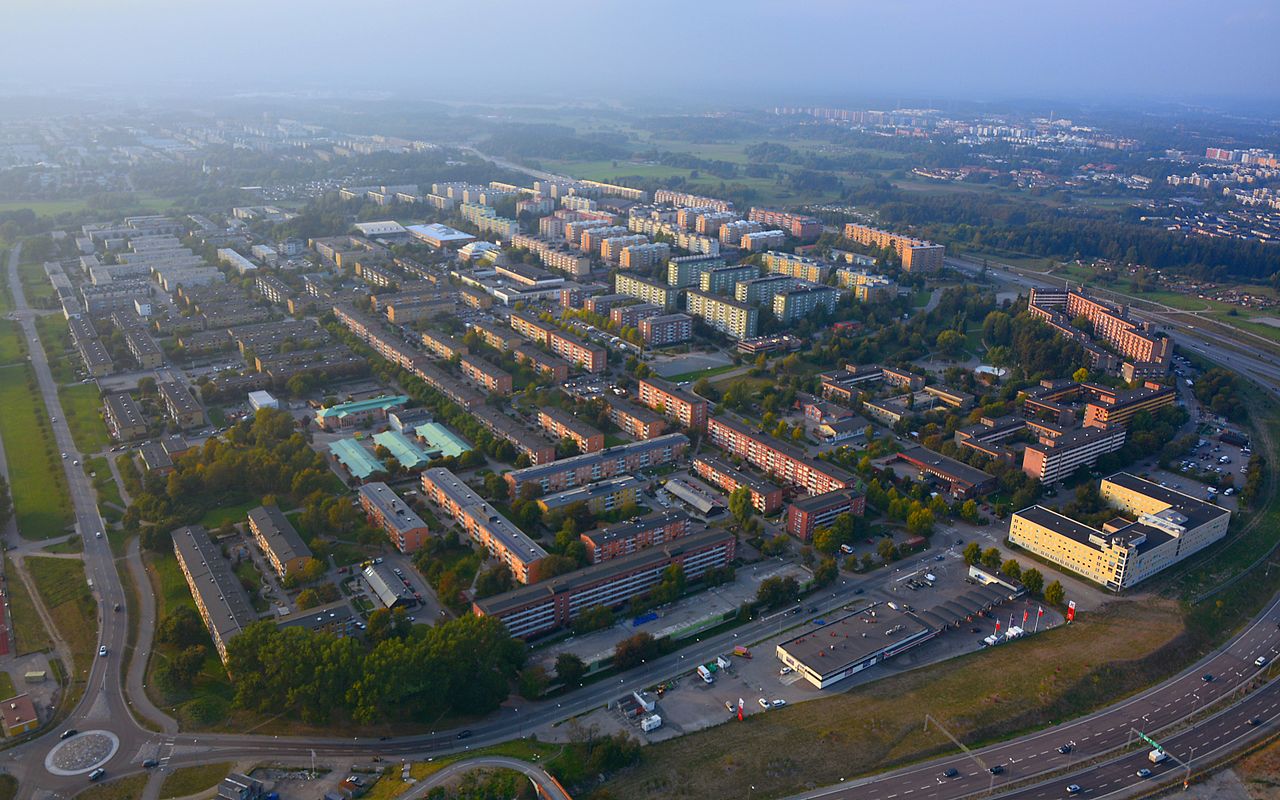Professor i nationalekonomi; forskar om regional utveckling, städer och kreativitet, gillar städer i alla former.
Richard Florida ber inte om ursäkt
Foto: Creative Class Group

I förra vecka skrev jag en bloggpost om hur innehållet i min kollega Richard Floridas nya bok “The New Urban Crisis” förvanskats i media genom att ingen läser boken utan enbart refererar till vad man tror den säger. Den här veckan tänkte jag reda ut vad boken verkligen säger genom att ställa frågorna direkt till Richard, och samtidigt reda ut några av de påståenden som florerat i media:
CM: So what IS the new book about?
RF: It’s the logical extension of Rise of the Creative Class. It is about the New Urban Crisis of success of cities and the urban revival. Basically the same clustering force of talent and economic assets that drives innovation and economic growth also carves the deep divides in our society that drive us apart, and generate the political backlash of populism that threatens the preconditions of success for those cities and the economy broadly.
CM: Is the new book contradicting your earlier theories?
RF: No, not at all. I am not contradicting myself. And I am not sorry. Those are silly memes created by people who want to create a straw man, not understand the way cities and the world are evolving. The new book is the extension of my earlier work. The only thing I will say is that I under-predicted the tidal wave of the urban revival. The creative class urban revival ended up being a whole lot stronger than I thought.
CM: Are you sorry about what your theories may have caused in terms of regional development (and not the least related to how policy makers adopted them)?
RF: Not at all. I think my theory was and is pretty spot on. I argued that the world was going to a knowledge economy driven by ideas and talent and diversity. I identified the new creative class using occupational data, a technique that is now widely accepted. I said openness and amenities as well as jobs attract this class to the cities. Also now widely accepted and confirmed. I said that the world is increasingly organized around cities; that it is spiky not flat. I said the creative class and knowledge workers were coming back to cities to innovate and be more productive. Turns out I was more right than I thought. The urban revival was so powerful it has divided us, made us more unequal, made housing less affordable and caused a new kind of urban crisis. We talk a lot about economic inequality but spatial or geographic inequality is an even bigger issue.
My new work is about solving the new urban crisis and creating more inclusive cities and suburbs and rural areas – to shift from “winner-take-all” urbanism to urbanism-for-all. I think we can do it. It took 10, 15 20 years to spur the urban revival. My book and other work gave city leaders and community groups the understanding the narrative and the tools to revive cities and urban areas. The new next step is to change the narrative and give cities and city leaders the tools they need to generate more inclusive prosperity. That is what I am working on now.
Detta är en bloggtext. Det är skribenten som står för åsikterna som förs fram i texten, inte Jönköping University.



.jpg)

